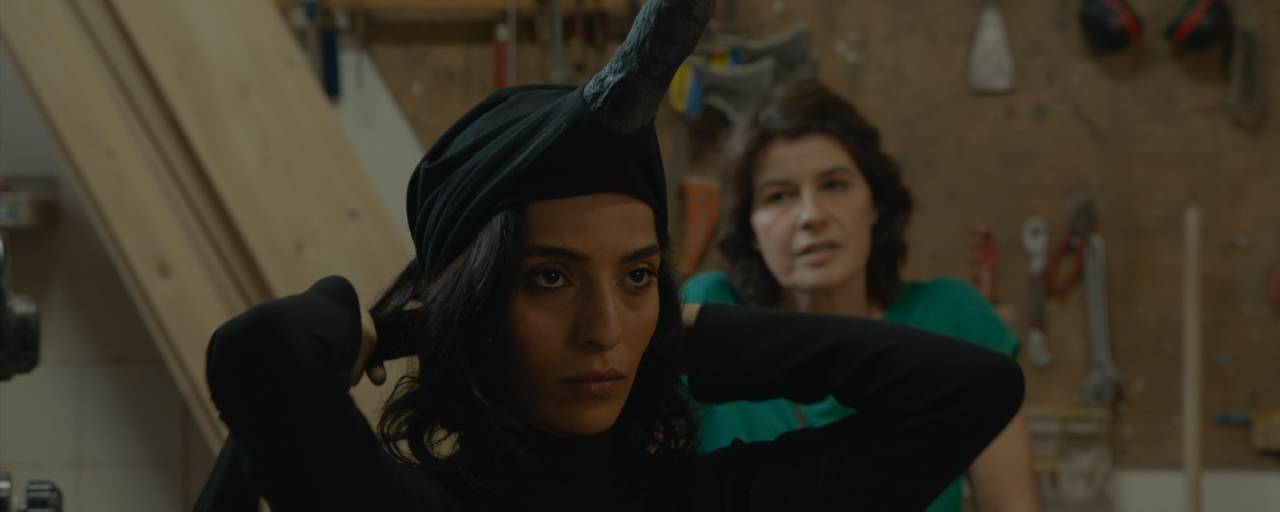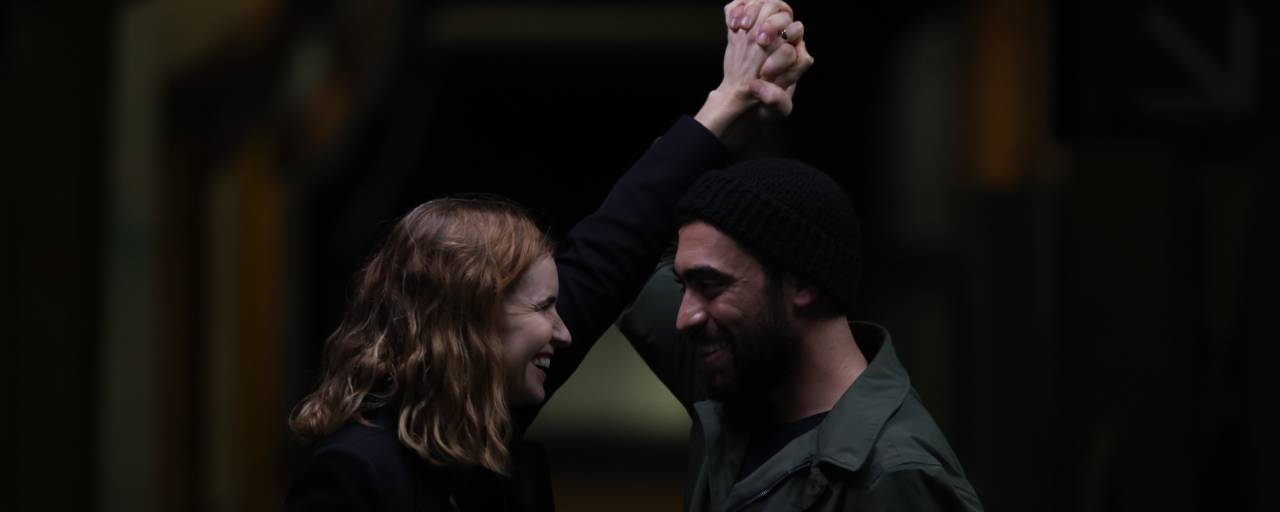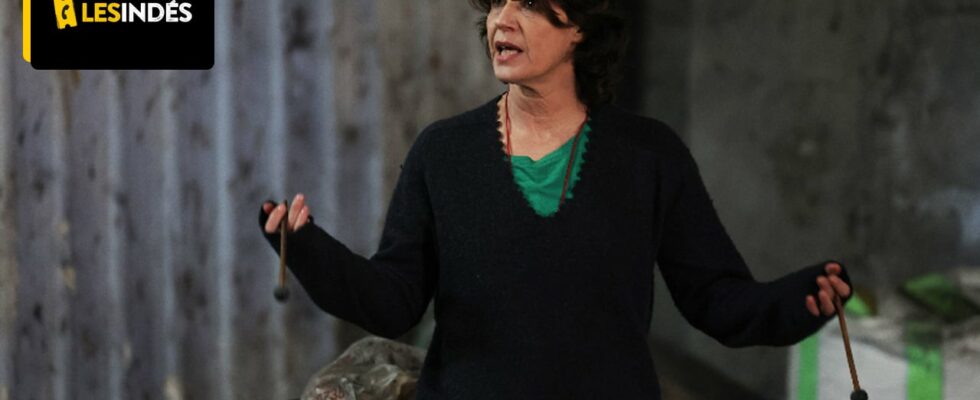Previewed at the Berlinale 2024, “Shikun”, the new film by Amos Gitaï, arrives in cinemas this week. Here’s what you need to know about this feature film.
Three years after Laila in Haifa, director Amos Gitaï is back with Shikun, premiered at the 2024 Berlin Film Festival.
The film is inspired by the play by Eugène Ionesco, “Rhinoceros” and places the story in present day Israel. Shikun recounts the emergence of intolerance and totalitarian thinking through a series of daily episodes that take place in Israel in a single building, the Shikun.
In this hybrid group of people of different origins and languages, some transform into rhinoceroses, but others resist. An ironic metaphor for life in our contemporary societies.
A film in several languages
The feature film is led by Irène Jacob, Yael Abecassis, Bahira Ablassi, Hana Laslo and Naama Preis. Several languages are used for the purposes of the film, including Hebrew and Arabic.
For those who are not speakers of these languages, it can be difficult to know which one is used. This is a deliberate choice on the part of Amos Gitaï, who explains in the press kit: “I didn’t want the subtitles to help differentiate them, for example by using two colors as is often done. This obviously creates a difference between those who know these languages and others, this situation is also interesting. That there is uncertainty for those who do not come from this region, who do not know the languages, is part of the film’s propositions. I certainly don’t want to be didactic.“

Epicenter
Shikun
A semi-closed camera
Shikun belongs to a group of films that Amos Gitaï made in semi-closed camera (A tram in Jerusalem, Laila in Haifa, House, etc.). They are all located entirely within a demarcated space, but with glimpses of the outside. The director says: “Each time it is a project of exploring a microcosm with the ambition that it refracts a more general truth. A bit like the study of a cell would give a representation and information on an entire living body .”
“This unity of place, and also of time, implies quite radical formal choices, which organize circulation and make visible the forces which concentrate and oppose each other. One of these choices of staging is clearly the use of the sequence shot – which I had pushed to the extreme for Ana Arabia, filmed in a single shot. But the precise answers differ each time, the sequence shots of Shikun are not the same as in my other films, and neither does the editing.”
A film born before October 7
The film was born in relation to what constituted the context in Israel before October 7. Israelis were in the midst of a huge protest movement against Netanyahu and his government’s attempt to reform the legal system.

Epicenter
Shikun
These large demonstrations brought together feminist groups, soldiers, academics, economists, people who campaign for peaceful coexistence between Palestinians and Israelis and a large part of civil society. Amos Gitaï remembers:
“A movement which also had the meaning of a reaction to the rise of a form of conformism, of the disappearance of critical thinking, in Israeli society. It is in this context that I reread Ionesco’s play , Rhinoceros, written at the end of the 1950s as an anti-totalitarian fable, and which seemed to me to echo what we were experiencing. I saw in it the possibility of inspiration for a film about the present we were experiencing. At that time, I was rehearsing in Tel Aviv the stage version of House, the play inspired by my 1980 film.
The whole troupe was there, including Irène Jacob and the Palestinian actress Bahira Ablassi. Alongside working on the play, we collectively engaged in this project, which I wrote quite quickly. I called the cinematographer Eric Gautier, with whom I worked on four of my previous films over twelve years, he arrived immediately. We were able to bring together the material conditions and shoot without delay, also thanks to the complicity of producers, technicians and artists with whom I have this long relationship of collaboration and friendship.”
Shikun – which means “social housing” in Hebrew – can be seen at the cinema from this Wednesday March 6.
